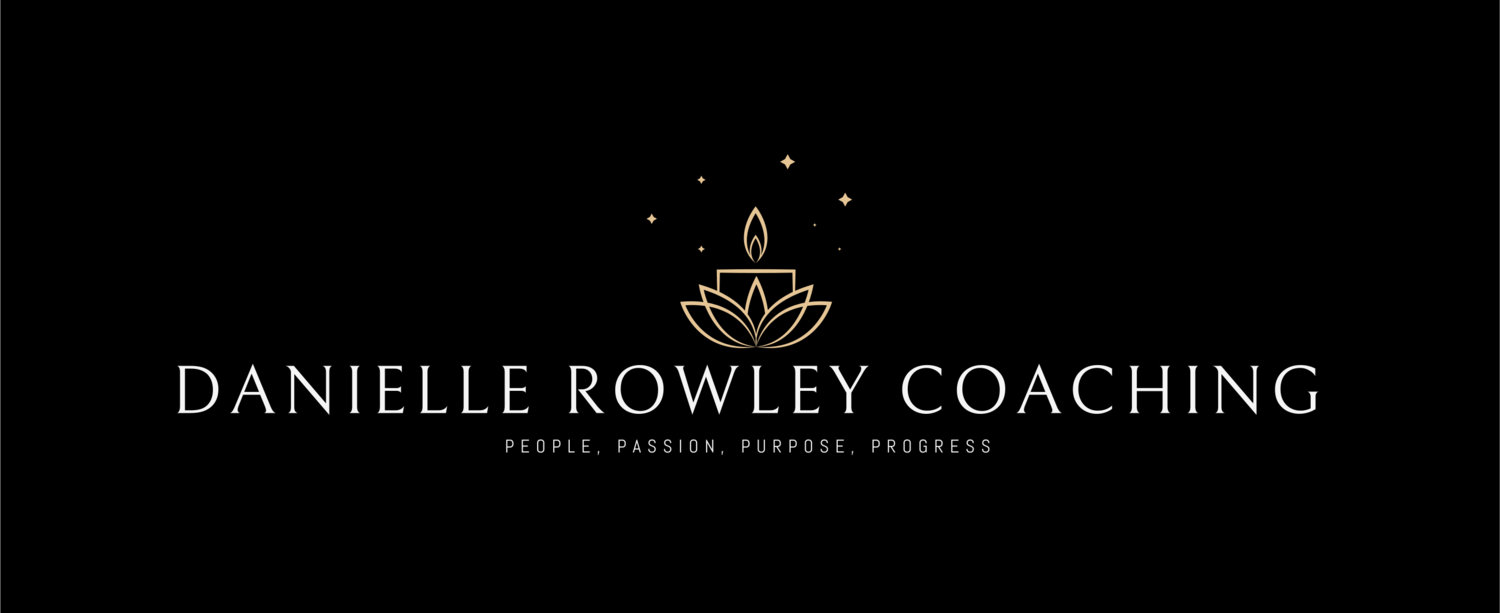Emotional Intelligence-BUZZword
Emotional Intelligence (EI) is a fascinating topic that has been studied by researchers for many years. At its core, EI involves understanding and managing emotions, both in yourself and others. In other words, it's about being able to recognize how you and those around you are feeling, and using that knowledge to make good decisions and build positive relationships. There are different perspectives on EI, but they all agree that it's an essential tool for success in the workplace.
In essence, EI refers to a person's ability to understand and manage their emotions effectively, as well as the emotions of others. This definition was proposed by Mayer et al. back in 1999 and 2000, who considered EI as an important form of intelligence that could be learned and developed over time. Since then, there have been many different perspectives on EI, with some researchers describing it as a combination of skills, personality, and well-being. Others have focused on the stable set of dispositional characteristics, personality traits, motives, and skills that contribute to EI. Regardless of the theoretical framework, one thing is clear: EI is an essential tool for success in the workplace.
Research has shown that people with high levels of EI are better at working in teams, managing stress, and communicating effectively. They are also more likely to be successful in their careers. For example, people with high EI are good at coordinating tasks, resolving conflicts, and collaborating with others. They are also better at regulating their emotions, so they can cope with stressful situations more effectively. And they are better at understanding the needs and perspectives of others, which helps them build stronger relationships based on trust and respect.
Emotional Intelligence: How It Helps Personal Success
In the modern world, it's easy to get caught up in the race to achieve more, do more, and be more. However, while intelligence and ambition are important for success, there's another quality that's just as important: emotional intelligence (EI).
Emotional intelligence is the ability to understand and manage your own emotions, as well as recognize and influence the emotions of those around you. It's a skill that's becoming increasingly important in the workplace, as well as in our personal lives.
Here's how emotional intelligence can help you achieve personal success:
1. Improved self-awareness
Emotional intelligence helps you to become more self-aware. When you're aware of your own emotions, you can better manage them and avoid letting them control your behavior. This leads to a more balanced and rational approach to decision-making, which can help you achieve your goals more effectively.
2. Better communication
Emotional intelligence also helps you communicate better with others. When you're able to recognize and understand the emotions of others, you can communicate more effectively and build stronger relationships. This is particularly important in the workplace, where effective communication is essential for success.
3. Improved teamwork
Teamwork is another area where emotional intelligence can have a big impact. When you're able to recognize and respond to the emotions of your teammates, you can work more effectively together and achieve better results. Emotional intelligence helps you to navigate the complex interpersonal dynamics of a team, which can lead to better collaboration and more successful outcomes.
4. Better stress management
Emotional intelligence can also help you manage stress more effectively. When you're able to recognize and manage your own emotions, you can better cope with the stress that comes with personal and professional challenges. This leads to greater resilience and a better ability to bounce back from setbacks.
5. Improved leadership
Finally, emotional intelligence is essential for effective leadership. When you're able to recognize and respond to the emotions of your team members, you can build stronger relationships and create a more positive work environment. Emotional intelligence also helps you to make better decisions and communicate more effectively, which are essential qualities for successful leaders.
In conclusion, emotional intelligence is a critical skill for personal success. By improving self-awareness, communication, teamwork, stress management, and leadership, emotional intelligence can help you achieve your goals and reach your full potential.
If you want to improve your personal and professional skills, developing your EI is a great place to start. By learning more about your emotions and those of others, you'll be better equipped to handle complex social situations, build strong relationships, and achieve your goals. So why not give it a try?



